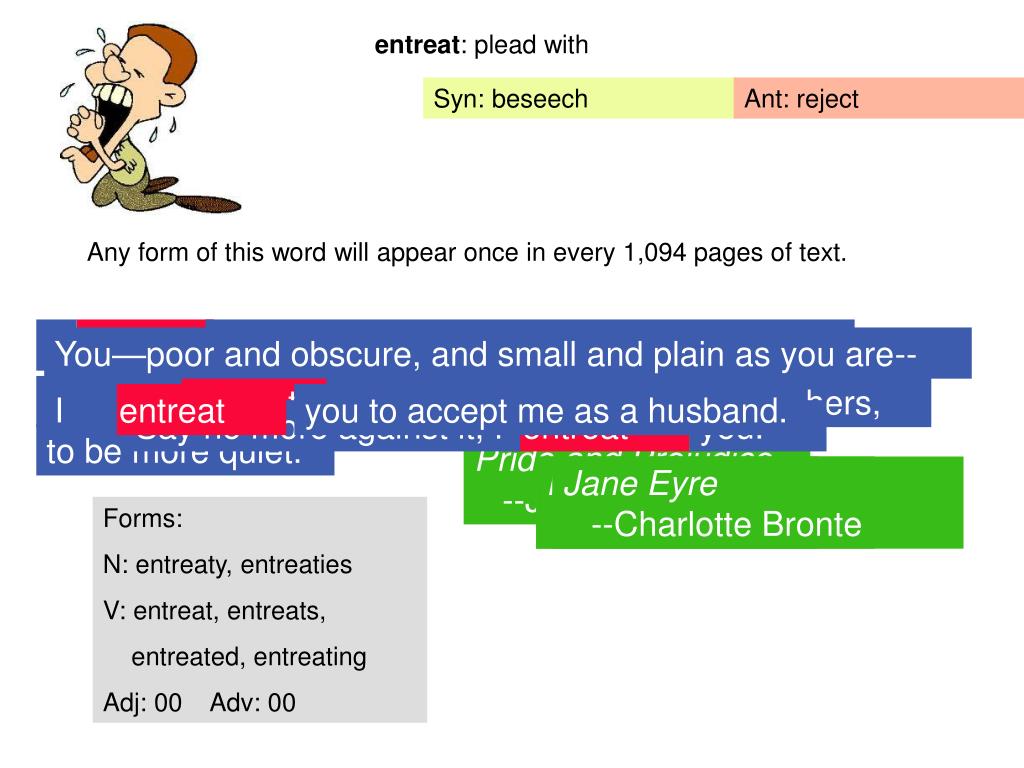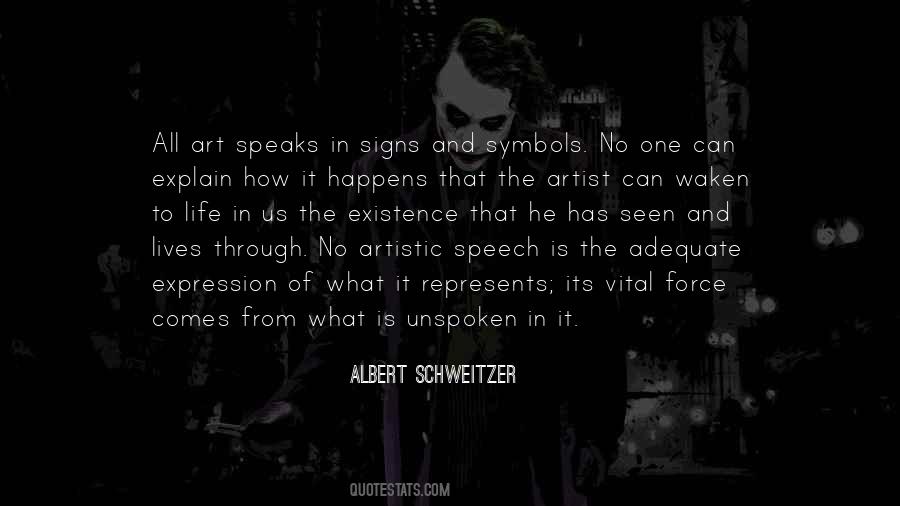
This split and doubled voice – an expression of agony both welcome and abhorrent – runs through Yiyun Li’s Dear Friend, from My Life I Write to You in Your Life.

The world was on fire and no one could save me but you. Now, more radical forms of polyvocal life writing braid and integrate strands of voice, especially those silenced by old-style gender mores. Memoirists have been slower to explore split and braided stories. Writing about fiction, John Berger’s suggestion – ‘Never again shall a single story be told as though it were the only one – has been used by Michael Ondaatje and Arundhati Roy as an epigraph to a novel. Rist’s work stages a polyvocal assay: an assessment and weighing of its elements an immersive, joyful adventure towards collecting and weaving strands of self and voice to question what T.S. ‘Sip My Ocean’ is not constrained by the strict dictates of binary gender mores it something more wayward: richer, fuller and individuated. On the face of it, an exuberant, light work – the New Yorker’s art critic Peter Schjeldahl describes Rist as ‘an evangelist for happiness’ – ‘Pixelwald’ is also complex, hard-won joy the joy of expressing openly multiple selves without inhibition, and at the risk of being silenced. The seal on the unspeakable is torn away the volume and lights turned up. What if there were other ways of speaking? What would it sound like if our suppressed voices were heard? The disruption and volume of that child-voice – its lack of inhibition and crashing discordance – plaited with the sweet girl-voice of pop, writ large and slightly too harsh – makes for a duet so furious, so jubilant, that it is captivating, and potentially shocking. ‘Pixelwald’ – a fairytale lightpath imagining the smashed pixels of modern media –combines with other installations in Rist’s oeuvre to frame and reframe questions of agency, joy and expression. Yet Rist disrupts this surface, interrogating scripts and schema around ‘young’ and ‘women’ as well as light, beauty and breakage. He describes installations ‘swimming in pinks and pastels, with flashing lights, hanging gauzy curtains, fragmentary projections, rooms of suspended baubles and so on’. In a review in The Australian Christopher Allen writes dismissively of an audience of predominantly young women. Some find it light, trashy, narcissistic. The path through ‘Pixelwald’ is a wavering one, with flickering detours and pockets. What if breakage can be a preface to remaking the self and voice? Which girl? Whose heart? Who’s doing the breaking? And is breaking altogether a bad thing? If you break, Michael Ondaatje’s speaker advises his daughter in ‘To a Sad Daughter’, ‘break going out, not in’. By the time we get to the line, This girl is only gonna break your heart certainty is shattered. And then the sound is split open, cut through with a counterpointing voice, a gash of raging childlike screaming – I don’t want to fall in love – harsh as the lights as they flicker from gentle glowing pinks and yellows into white flares. Never deviating from the register of pop’s child-woman voices, the song becomes tremulous, freighted with something sharper. Helium-thin, almost shrill, it continues: I never dreamed that I’d lose somebody like you. And higher – what a wicked thing to do, to make me dream of you. As it goes on, its smooth accusations, originally a heterosexual male lament, best imagined as at least a bit self-ironising – what a wicked game you play, to make me feel this way – are pitched higher. Only her version is called ‘I’m a Victim of this Song’, and something more combative tugs at the song’s surface. Light surges and twinkles as Rist sings Chris Isaak’s ‘Wicked Game’ in a naive, childlike voice. Above, a tangle of cables extends a skywards root system. Three thousand LED lights encased in resinous crystals sway on ribbon-like cords falling to the floor. Pixelwald’s immersive forest is enchanting. John Macdonald prefaces his review of Rist’s recent exhibition at Sydney’s Sydney Museum of Contemporary Art, ‘Sip My Ocean’, by saying he can’t think of any artist whose work is ‘more purely delightful’. Critics describe it as delicate, ethereal and whimsical.

Songsplinters slip through Pippilotti Rist’s installation ‘Pixelwald’ (‘Pixel Forest’). I’d never dreamed that I’d meet somebody like you. What do we gain from wanting to know a stranger’s life? But when we read someone’s private words, when we experience her most vulnerable moments with her, and when her words speak more eloquently of our feelings that we are able to, can we still call her a stranger?


 0 kommentar(er)
0 kommentar(er)
